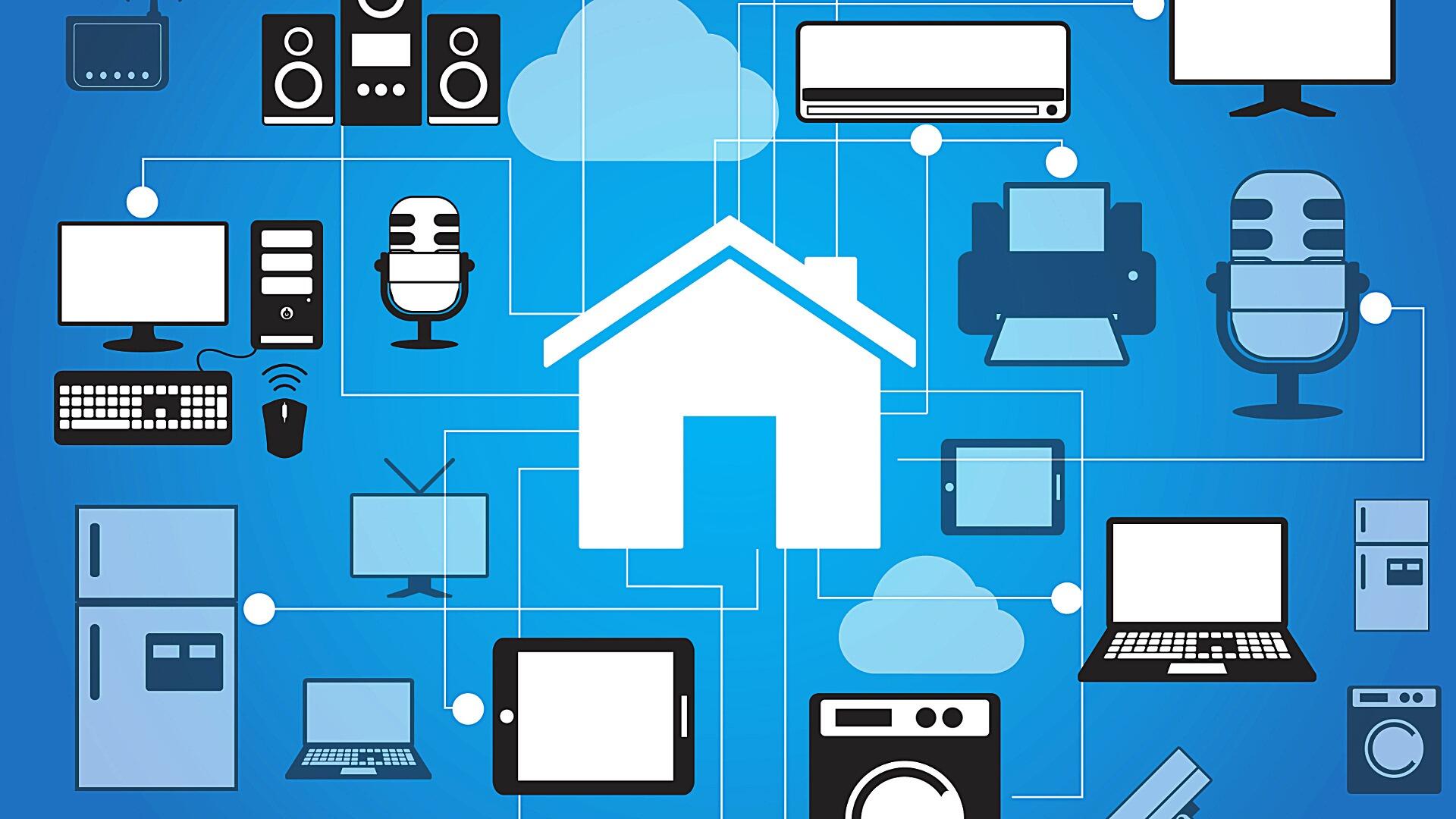IoT: Amazon or Google?
Article By : Junko Yoshida, EE Times

Smart home ecosystem battle rages on fragmented market
Over the last several years, we’ve often blamed market fragmentation for the chronically slow growth in the consumer IoT business. Lately, however, it looks like “connected home” devices are coalescing around a handful of “ecosystems” developed by the internet giants — Amazon, Google, Apple, and maybe Microsoft.
For sure, reducing chaos in smart homes is a good thing. In theory, devices native to one ecosystem should connect well and work together. But when ecosystem companies start gobbling up small startups, as we witnessed last week in Amazon’s $1 billion acquisition of Ring, we should all start worrying. Companies like Amazon are in the catbird seat, picking winners and losers among hundreds of IoT device vendors, and will start competing with their own ecosystem “partners.”
Socialistic mantras like “Let a thousand flowers bloom” are creepily common in the nascent smart-home market. A while back, this was a nice slogan. But who’s kidding who? Capitalists prefer fewer, bigger flowers that block the sun from the little flowers, and besides, they want to buy the whole garden.
Startups competing with Ring or even established security vendors like ADT might say that the Amazon-Ring deal validates their security product/service concept. In theory, yes. But again, set kidding aside. It’s only a matter of time before Amazon starts undercutting competitors in its effort to become the biggest damn smart-home security flower you ever smelled.
Ecosystem battle
Meanwhile, the smart-home ecosystem battle — Amazon versus Google in particular — is already unfolding into a full-fledged war.
In early February, smart-home appliance maker Nest, operating its business as an Alphabet subsidiary, announced that it was rejoining Google to work with Google’s hardware group. Ostensibly, the move is motivated by Google’s desire to “align all of the AI-powered hardware verticals into a single unit.”
Amazon, fully aware of Google’s smart-home consolidation, decided not to sell any of the newer products from Google’s Nest. As a result, Nest decided to stop selling its products through Amazon, limiting the number of Nest devices listed on Amazon today. Nest is expected to disappear from the site once current inventory is sold out, according to recent press reports.
I suppose that this tit-for-tat is SOP in the dog-eat-dog business world. But the unintended consequence is that the IoT industry is forcing your average consumer with no technical knowledge to take sides before buying into any connected home concept. Who are you with: Amazon or Google?
If it was up to me, I’d say that I’d just hold off buying anything ’til after the dust settles. And I might just think: Do I really need a house that’s smarter than me?
I don’t trust Amazon or Google or, for that matter, any of today’s big profit-first, damn-the-consumer corporations. I’m suspicious because of security and, more importantly, my privacy. I already know enough to know that there’s no such thing as privacy in connected homes. In the United States, there are no regulations that can be applied to protect my data privacy.
Big internet companies already know too much about me. Why should I — purely by virtue of living in a “connected” home — disclose more about my tastes and preferences, what I’m doing today, where I plan to go next, and when I am not at home?
Seriously, all of that personal exposure so that I can remotely unlock the door for an Amazon delivery to get inside, drop a package, look around, see where I hang my spare door key, and check out whatever goodies I keep in my hall closet?
Amazon might assure me that the battery-powered connected cameras made by Blink (which Amazon also acquired late last year) will allow me to watch every little thing going on at home.
For fans of even more convoluted solutions, there’s “Amazon Key,” which relies on Amazon’s new Cloud Cam and compatible smart lock. The camera is the hub, connected to the internet via home Wi-Fi. The camera talks to the lock over Zigbee.
A courier arrives with a package for home delivery and scans the barcode, sending a request to Amazon’s cloud. If the courier’s legit, the cloud sends a permission message to the camera, which starts recording. In this scenario, the courier gets a prompt on an app and swipes the screen to unlock the door. The courier drops off the package, re-locks with another swipe, and departs. The customer gets a notification that the delivery succeeded, along with a short video showing the drop-off.&
Throwing more technologies is the answer?
Really? Think about it. The answer is to throw more technology — Cloud Cam, Wi-Fi, Zigbee, smartphone, smart camera, smart lock, smart text — at a problem that technology created in the first place?
The biggest benefactor in all of this rigmarole seems to be Amazon because it eases one of its biggest headaches — stolen packages.
What about me? Call me old-fashioned. I prefer a measure of uncertainty and inconvenience in my life to the prospect of regularly letting total strangers waltz through the front door while I’m not around. Or worse, trusting internet mega-companies who want money from me to solve problems that I didn’t have until I trusted an internet mega-company.
— Junko Yoshida, Chief International Correspondent, EE Times
Subscribe to Newsletter
Test Qr code text s ss


